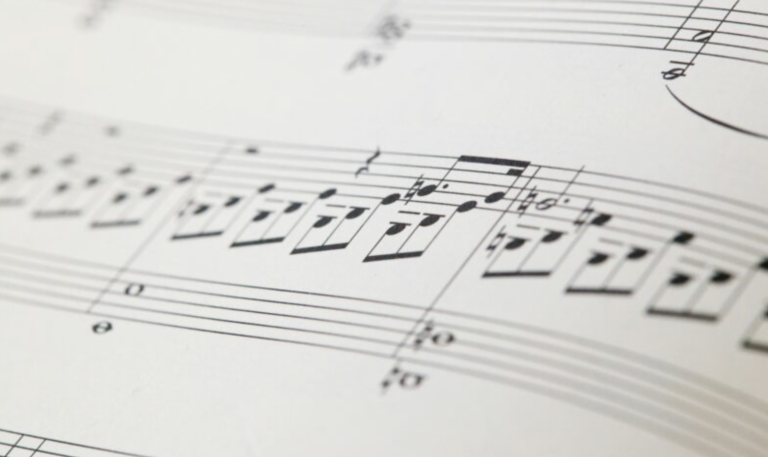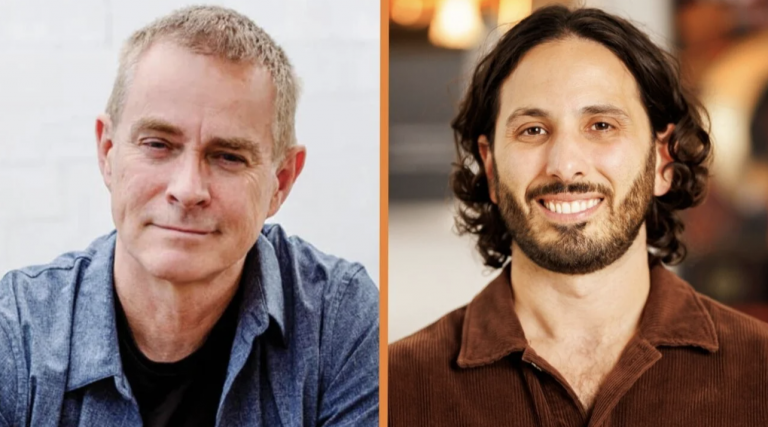
Courtesy Suno
The global battle between human artists and AI generators has escalated dramatically. Today, the Danish music rights organization Koda filed a landmark copyright infringement lawsuit against the US-based AI music generator Suno at the Copenhagen City Court. Koda, which represents over 52,000 composers, songwriters, and publishers, is accusing Suno of the unauthorized use of their members’ copyrighted music to train its lucrative AI models.
This suit adds to a growing wave of legal challenges facing Suno. The company, which is reportedly valued at a staggering $500 million, is already battling major copyright infringement lawsuits in the US from industry titans like Sony Music, Universal Music Group (UMG), and Warner Music Group. Furthermore, Suno is accused of obtaining its training data by stream-ripping audio files from YouTube—a practice Koda has called “the biggest theft in music history.”
Financial Threat and Evidence of Copying
The urgency of the music industry is clear. Koda presented evidence showing striking similarities between Suno’s AI-generated tracks and original works by Danish artists, including Aqua and MØ. Koda CEO Gorm Arildsen did not mince words, stating: “INNOVATION CAN’T BE BUILT ON STOLEN GOODS. Suno has taken our members’ creative work and fed it into their machines without consent, transparency or remuneration. That is theft – and it threatens the future of music.” An analysis commissioned by Koda and IFPI Denmark further predicts that without intervention, AI-generated music could cost the Danish music industry 6.9 billion kroner ($680 million) by 2030.
The Call for Consent and Remuneration
The core message from Koda and the broader creative community is that while they welcome responsible AI, the law must protect human creators. The organization is using this lawsuit to push for a clear, industry-wide standard demanding consent, transparency, and remuneration from tech companies. The recent settlement between UMG and Udio, another AI music generator, proves that lawful licensing agreements are possible. Koda’s lawsuit asks the court to choose a future where AI grows the creative market “without hollowing out the roots” of human artistry, protecting the creators most vulnerable to being trampled by big tech.








